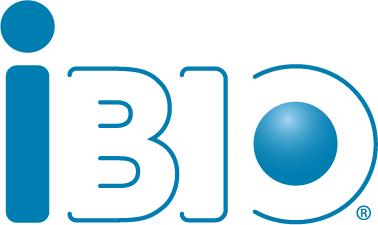From John: The news coverage of the BioPharma industry has been a study in contrasts. As I compile the daily NewsBrief, I come across numerous articles highlighting companies, both large and small, that are compelled to reduce their workforce due to insufficient funding. However, in parallel, there are also reports indicating a resurgence in mergers and acquisitions (M&A) and initial public offerings (IPOs) within the sector. With the publication of two recent industry reports by EY, I felt it was an opportune moment to delve into the current state of our industry and explore the underlying factors driving these divergent trends.
The biotech and pharmaceutical industries are facing a tumultuous period in 2024, with another wave of layoffs following the roughly 14,000 job cuts in the previous year. Despite the challenges, a recent EY report highlights the industry’s adaptability and opportunities for growth and resilience.
Large pharmaceutical companies are grappling with the pressure to maintain substantial R&D budgets while revenues decline due to patent expirations. The industry has seen R&D spending as a percentage of revenue rise from 12% in 2000 to nearly 18% in 2023. Companies are working hard to strengthen their pipelines and offset losses from generics.
In the biotech sector, the EY report found that 31% of companies have less than a year’s worth of cash. However, this largely reflects the end of a pandemic-driven investment surge, and later-stage biotech companies with more mature drug candidates are generally faring better. Although we saw good news on this front just today with two huge funds: Foresite Capital’s $900 million venture fund targeting companies applying AI to healthcare and life sciences, and J.P. Morgan Private Capital’s $270 Life Sciences Private Capital Fund I, which exceeded its $500 million target.
To navigate this landscape, biopharma companies are increasingly embracing artificial intelligence. The EY Parthenon report predicts that AI could drive hiring in biopharma, creating new jobs and functions while enhancing drug discovery and development. Companies are prioritizing digital, AI, and market access skills to stay competitive. The success of AI is exemplified by Tempus, a precision-medicine startup founded by Eric Lefkofsky in 2015, which is set to make its stock market debut under the ticker symbol TEM on Friday, June 14, 2024, with a valuation of approximately $6.2 billion after raising $410 million in its IPO.
EY expects the current pace of layoffs to continue through the second half of 2024, but potential triggers could shift the labor market in a positive direction, such as anticipated Federal Reserve interest rate cuts in the fall, which could spur M&A activity, and the U.S. presidential election outcome providing policy clarity.
In Illinois, the biopharma industry has consistently seen year-over-year job growth, and while that streak may pause in 2024, the future remains promising. Chicago is emerging as a hub for AI-driven companies like Tempus and Prenosis. To support these startups, it is crucial to focus economic development tools and align community resources to help companies access non-dilutive funding to continue operations and bridge funding rounds.
Industry leaders like Timothy P. Walbert are making significant contributions to support Illinois startups. The Timothy P. Walbert Entrepreneurship Impact Award competition, set to award $50,000 to one early-stage biosciences company on June 20th, provides a vital lifeline during these challenging times.
By working together, updating economic toolkits, and supporting innovative startups, Illinois’ biopharma industry will not only weather this storm but emerge stronger and more vibrant than ever. The groundwork laid today will pave the way for a brighter, healthier future for all.

